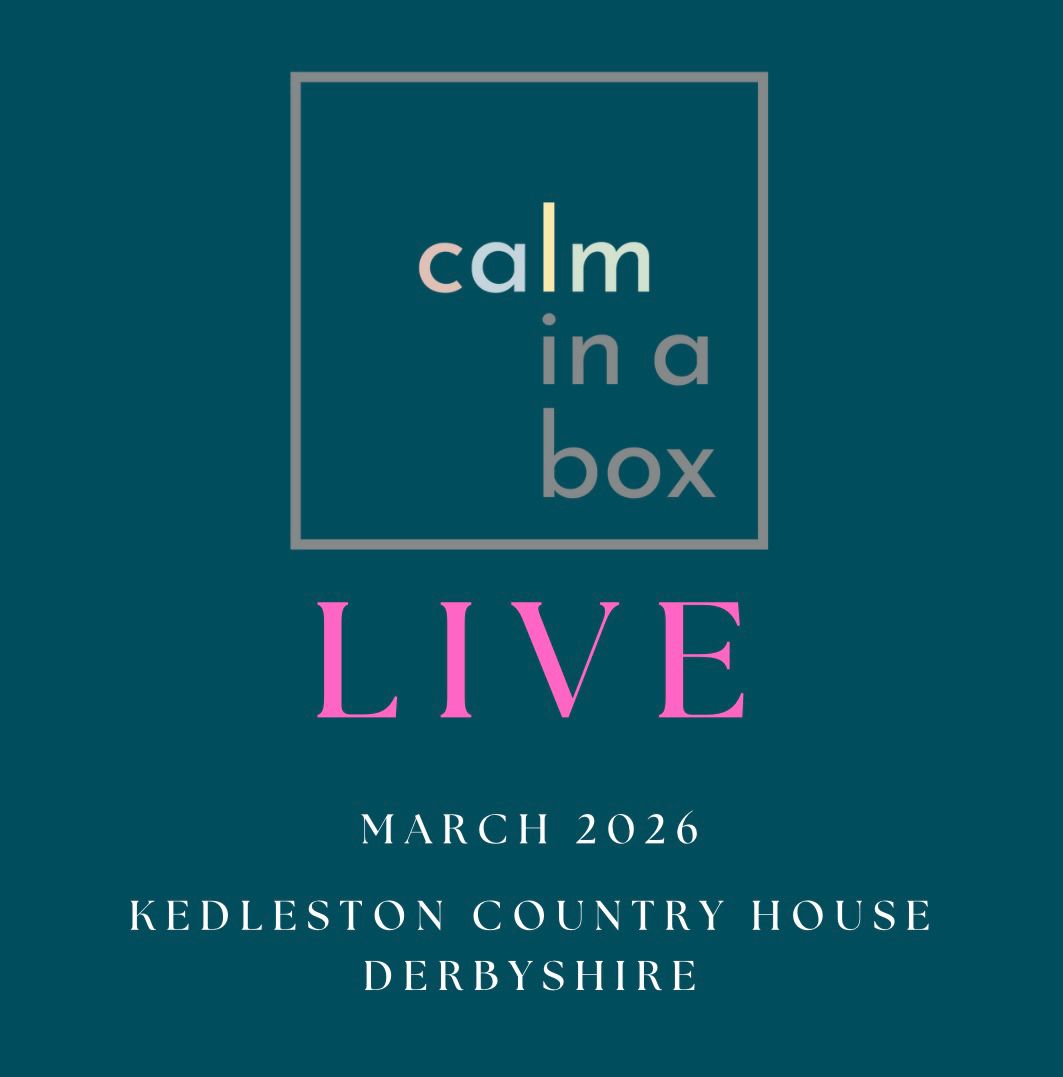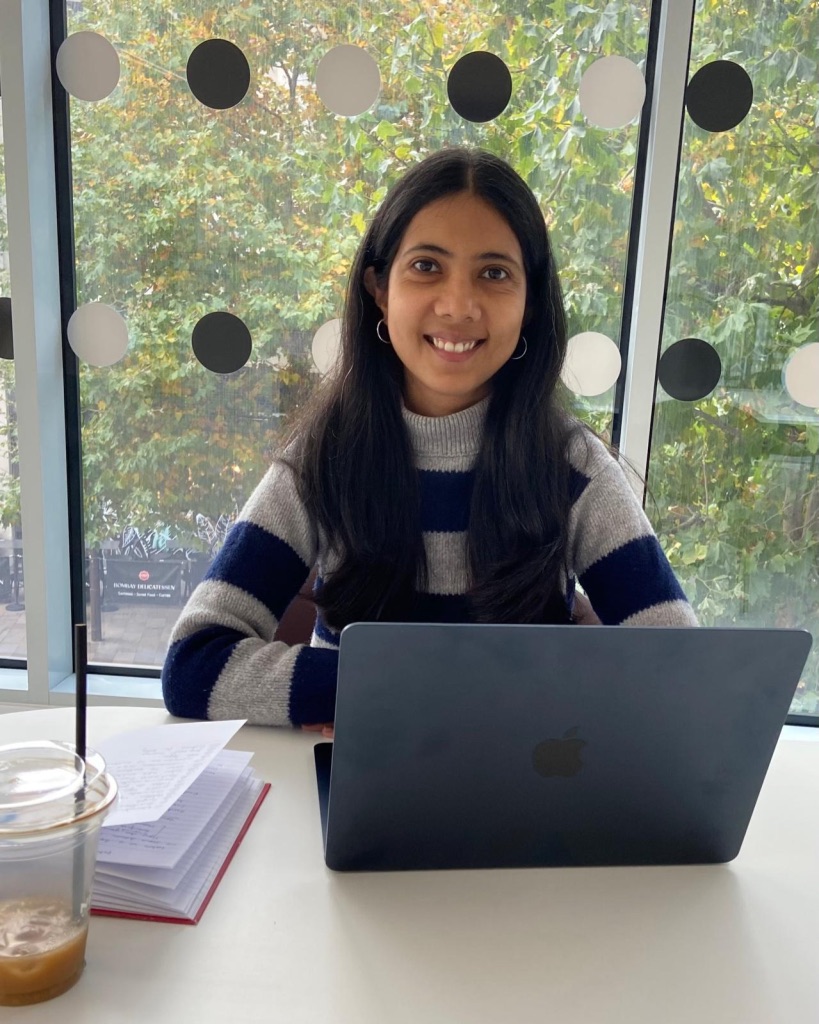Are you an early riser? Or are you at your most productive in the evening, when you’re in your
comfies and feeling relaxed?
There is a new workplace trend called ‘chronoworking’ where employees tailor their working hours
to suit their body clock. This is perfect for those who are most productive outside the traditional 9-5,
or for those who feel revitalised after a midday ‘powernap’ or a Spanish-style ‘siesta’.
Part of the CALM philosophy is to slow down to go faster and we help organisations and leaders understand that in the 21st century workplace, energy is one of their most precious resources. Chronoworking is about listening to your circadian rhythm – the physical, mental and behavioural changes that follow a 24-hour cycle – and is something that we teach in CALM programmes with the L of CALM being all about managing your energy over time more effectively for maximum productivity.
According to Adobe’s Future of Time report (link here: https://blog.adobe.com/en/publish/2023/04/18/generational-productivity-when-are-gen-z-millennial-gen-x-boomer-workers-most-productive twice as many Gen-Z
workers felt that they were more productive between the hours of 6-3pm than Gen-Xers.
Just 6% of baby boomers enjoyed working late into the evening, with the majority preferring logging on for work before 9am.
The phrase ‘chronoworking’ was coined by Ellen Scott, who is deputy editor of Stylist and creator of
the Working On Purpose newsletter. We were interested to hear Ellen talking about this idea on the Bruce Daisley Eat Sleep Work Repeat podcast.
She said: “I want workplaces to allow early birds to work earlier shifts and to consider breaks in the
afternoon when few of us are at our most productive. Maybe we could consider altering winter work
hours to we get more sunlight exposure, too.”
Chronoworking enables employees to work at time which matches their personal chronotype for maximum productivity.
Just like flexible working – a concept that seemed scarce in the UK before the pandemic – it would take a
great deal of trust, and trial and error and open communication by both employer and employee in order to implement but there are proven productivity benefits to be had, particularly given the changing dynamic around ways of working in the 21st century workplace with many businesses needing to now unlock effectiveness over efficiency.
And although this would be harder to implement for some businesses than others, we believe that all teams would have opportunities to start with small changes which could make a significant difference using the 1% CALMer approach.
The concept appears to have been well received by those who have adopted ‘chronoworking’ and who now
consider it the norm; it means that they can attract and retain talent – as long as ‘core’ hours are
adhered to – and shows that they are a forward-thinking organisation.
We recently asked members of the CALM Community for their insights on their employee experience.
Of those who replied, 53% agreed that they had clear boundaries for managing their time and
energy in the workplace and just 54% said that they were given enough time to complete their work.
Perhaps a chronoworking trial could work to improve these scores? Our tips for making a start is to encourage individuals and teams to start to monitor peaks and troughs in energy over a week, identifying their ‘radiators’ and ‘drains’ and colour coding your diary to highlight when this happens, thinking about what and who give you energy as well as when during the day your energy peaks.
Championing Neurodiversity in the Workplace on the CALM Hub
To mark Neurodiversity Celebration Week, 18th -24th March – we will be joined by the
brilliant Melanie Francis who is a chartered FCIPD and founder of Neuroinclusive HR. She is also Director
of Neurodiversity at Work at Professor Amanda Kirby’s company Do-IT Solutions Ltd.
A neurodiversity champion and trainer, Mel is also mum to a brilliant neurodivergent son and,
following his diagnosis, she sought to increase her awareness and knowledge of neurodiverse
conditions.
Mel has more than 25 years’ experience gained in the public, private and not-for-profit sectors and
will be speaking about the links between mental health and neurodiversity, what neurodiverse
conditions are and how we can be neuroinclusive in the workplace.
This event will take place on Friday, March 22 (9.30am) and will be one not to miss. Book your space here https://lu.ma/r2nranxs
CALMfest returns for 2024!
We will be bringing back CALMfest in May, and the event is once again kindly sponsored by
Nuclear AMRC and Nuclear Industry Association.
The week-long festival of events, activities and challenges will run online during Mental Health
Awareness Week (May 13-17) and we will be hosting three sessions per day on mental health-
related topics such as gut health, sleep, nutrition and financial wellbeing with our expert partners.
We’ll be raising funds for charity Mind, too, and there will be prizes up for grabs and a chance to
connect as a community during the final session.
All events will be booked via the CALM Hub and session recordings will also be made available for
seven days. Bookings close on March 31, so you’d best be quick!
Want to know more? Drop us a line at hello@calminabox.co.uk




